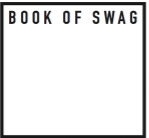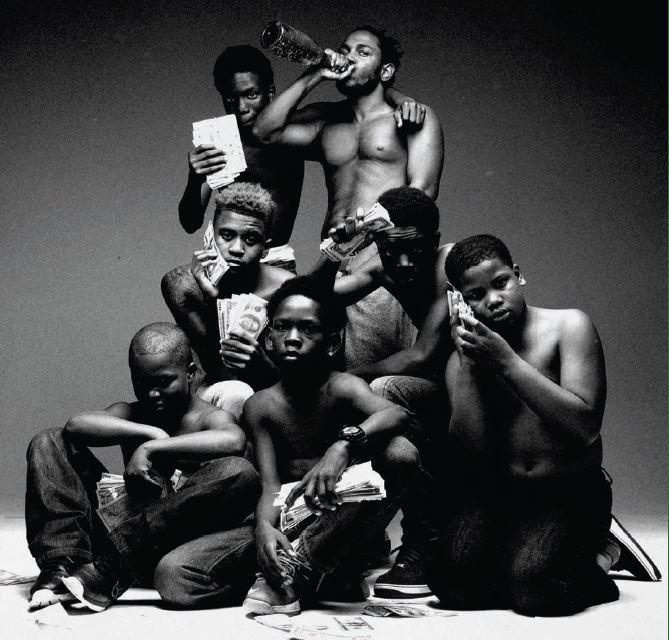Kendrick Lamar has a bone to pick; this is the first line you hear when you listen to “King Kunta” or something along those lines. What was K.dot trying to achieve with this masterpiece? Plenty will be said, lies will be told but Lamar displays lyrically that he no longer gives a fxck.
Before I delve into the politics, racism and social ills perfectly painted in Kendrick’s latest resistance offering. Hip hop or Rap alone cannot take sole credit for the influence that lingers in almost every string or flute embodied in every instrumental of the album.
You’re initially transported to images depicting the sounds of the civil rights movements, Jazz and poetry. “To Pimp A Butterfly” is a catalogue far ahead of its time. Listen to K.dot address injustices of the environment he knows better than any other, he speaks of girls that grow up there, their behaviour and their undeniable dark socially constructed destiny.
You get a feeling Kendrick is addressing individuals in higher positions, he is asking questions rappers that are his peers would rather not bother themselves with. He continues to interrogate modern America and their treatment of black men and the society black youth are forced to cohabit and survive. In every song he remembers scenes of how this industry he fought so hard to get into seemingly creating self-loathing energies that tend to build animosity and hate amongst others.
Lamar certainly affirms himself as his city’s spokes person; his voice embraces characters of friends he left behind back in Compton. The envy and jealousy his success has created is irony to what the world may think following his latest Grammy accumulations.
Mine isn’t to tell you which songs stood out the most. It’s a taste thing, as I feel the whole package deserves every deserving listen. When you get to listen to this maverick paint, peep the skits that prelude every song to maybe balance the priceless pride of being black, he also recalls and portrays racism and police brutality as some of the biggest unresolved human rights violations in modern times and in a country the world perceives as the most progressive nation.
“I know everything” he continues to reiterate on a song called “Momma”. He diligently delivers truths that intend to spark curiosity and debate. His references of Mandela (The Ghost of Mandela) make you realize his tour to South Africa meant more to the artist than the ticket sales assumed. He had a revelation, he walked into Mandela’s Robben Island jail cell and at a least felt the people’s icon’s soul surf inside him. Rappers are known for controversy and profanity which is what this album bubbles with, unsolicited controversial political metaphors and references. No mention of the high life, popping bottles or suggestions of celebratory events because he feels “We are not happy. Why should we make happy music?” he questions in an interview with Rolling Stone.
Kendrick has since seen an overwhelming response of over 9.6 million streams in one day on the day the album was released. This is recorded one of the first rap albums to gross such huge numbers on its day.
Be sure to play this album a few times before you go publicly weigh in on K.dot’s latest offering “To Pimp A Butterfly”.

